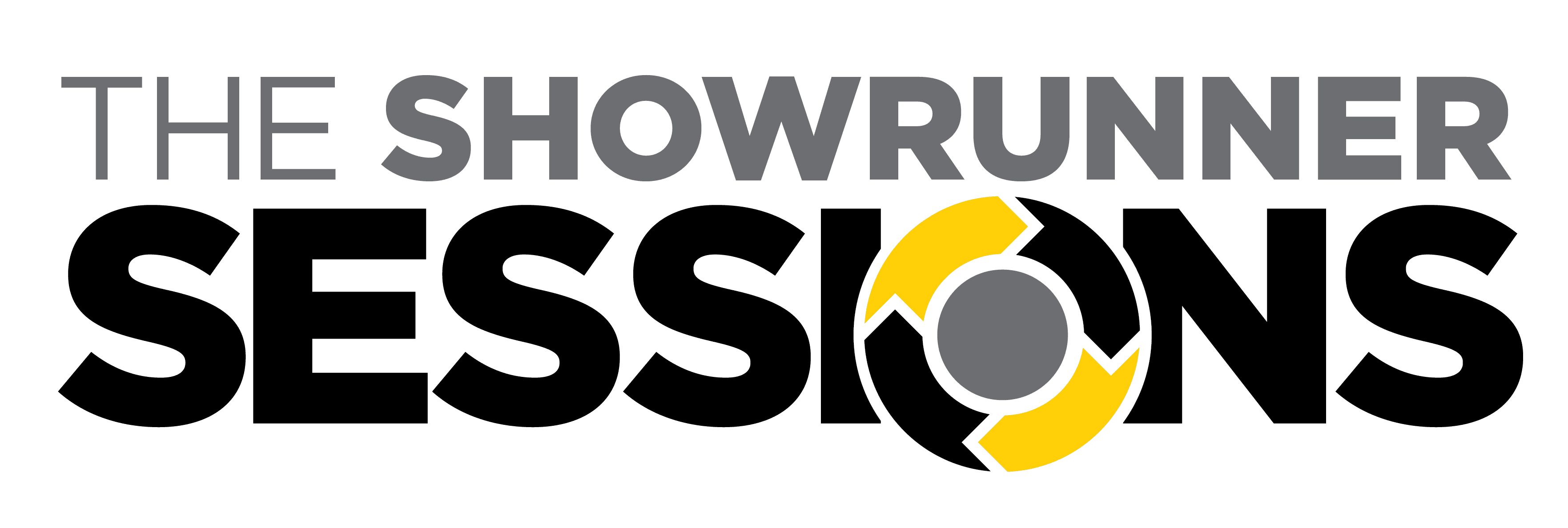Marketers Who Lead Act More Like Product Managers (or Doctors?)
I came out of the software industry, working at companies like Google and HubSpot, then in technology VC at a firm called NextView. Although I worked in marketing the entire time, the people I always admired most were product managers. They seemed to have an impossibly difficult job. How do you invent stuff? How do you decide what goes into the product and what does not, and how people should navigate it all? And most of all, I really wanted to know, how the heck do you make sense of alllll the stuff that you hear and see from customers? It turns out the very best PMs had a very specific way of doing this — one I didn’t quite expect, and one that can fundamentally transform your content marketing for the better. But before we get there, let’s just start with that damned quote by Henry Ford.
Plenty of pixels and ink have been used up on missing the point entirely of Ford’s most famous quote. Maybe you’ve heard the pithy idea. It’s often cited like this:
If I listened to customers, they’d have asked for faster horses.
The idea here is that if you ask somebody else what they want as a solution to their problems, they’ll just tell you to improve the existing solutions they already know. That’s because they don’t know what else possible (or, if they do propose a new idea, it’s outlandish and unlikely to actually make things better). People are more likely to cling to the existing solutions they know about when really that approach is outdated or problematic. Therefore, the thinking goes, if Ford listened to the customer, they’d have asked for faster horses. After all, they knew about horses, but not cars. They knew what might be better for horses, but not what might be better for transportation. After all, they weren’t experts in transportation technology or manufacturing those technologies.
Just one more point about this quote before we bring it back to our work more fully. The problem with Ford’s quote about is that it’s actually a common misrepresentation of Ford’s words. He didn’t say, “If I listened to the customer…” He said, “If I asked what people wanted…” This is a crucial distinction. Should we listen to the customers? Absolutely. Should we base our work on what they say they want? Absolutely not
Gathering and understanding insights from the customer is of course crucial. But insights are different than feedback. Insights are lessons you learn through observation and discussion — not ideas others hand you. Likewise, responses are also different than feedback. Responses are triggered. Feedback is solicited. If you’re soliciting anything from customers or your content’s audience, it shouldn’t be ideas for making things better. It should be their own reporting and reflection on what the experience of something was actually like for them. Don’t use your customer base as the sources of deep thoughts and ideas — that’s your domain to own. Instead, use them as reporters on and guinea pigs within the systems you’ve built. (Okay “use them” is a bit harsh and dehumanizing, but you get the idea: People can accurately report on what they went through a lot more easily than they can opine about what YOU should build.)
So, gathering insights is crucial. Actually talking to your audience is paramount. Understanding the people you wish to serve is a third word that also means very freaking important. However, under no circumstances should you — the creator who’s seen things and knows things and tries things and MAKES things — simply react to what others say they want you to make. That is an ineffective and actually counterproductive approach to your goal of making things better for your audience. That’s why this distinction in the Henry Ford quote is so important. He didn’t say, “If I listened to the customer…” He said, “If I asked what people wanted…”
As makers and marketers, we’re all in the business of creating art. Not a painting, mind you (though kudos if that’s your product or hobby). By “art” I mean something broader and more applicable to the business world. Art is the conscious use of imagination to produce the created work. (Note that “imagination” thing. Turns out that’s key.)
Our work should challenge the status quo, not pander to it. When you launch a show or anything delivered consistently, you’re saying to your audience, “Look. I have a vision for the future, for where things should go, and for how things should be better. If you share that belief, join this journey. It just so happens to be audio. It just so happens to be video. It’s a newsletter. It’s a blog. (Etc.)”
The work you and I do is about improving the way things are — not pandering to the way they already are. That’s why we should take the time to understand how to actually synthesize the information we gather from audience interactions.
Your audience doesn’t know what you know. They can’t do what you do. They’re trying to understand the status quo and improve the status quo. You’re trying to show them a better way entirely. Don’t just give others what they say they want. Give them what you know they need.
Often, these are the things they didn’t even know to ask for before you gave it to them — which so often end up as their favorite things. (Need a place to start crafting your audience’s favorite show, in a way that isn’t just pandering to the status quo? It all starts with your show’s premise. Try this end-to-end process for premise development.)
Let’s go back to the software industry for a moment. Great product managers don’t just react to feedback, nor do they even own the solution the company builds. Instead, they gather insights, and to do so, they own the problem. When they interact with prospects and customers, they talk about what those people are struggling with or curious about. They seek to understand how people are already trying to solve problems and where that approach is broken. It’s more useful to understand the process others are already going through than their ideas to create a better process. That part is yours to own, not theirs. Tell me what’s broken, and I’ll fix it.
You don’t go to the doctors and say, “I want surgery on this thing in this exact way.” You say, “This hurts,” and the doctor gets to work diagnosing the problem, then prescribes the solution they understand to be best. They don’t pause to ask if you have any new treatments you’d like them to try. They just focus on owning the problem, and more often than not, you would NEVER have been able to propose the treatment that makes the pain go away.
That’s what visionaries do. They don’t react to existing demand(s), handing out things others say they want. Instead, they examine existing pain, then craft a solution they know others need. Visionaries don’t have a vision OF the future. They have a vision FOR the future. It’s a prescription, not a reaction. And that’s exciting for our work as makers and marketers. We have agency in this! We have a say in where the world is headed. The future doesn’t happen to us. We happen to it. But all of these ideas are moot unless we know how to solve meaningful problems for others.
Don’t ask for feedback. Seek to understand their pain and their process for solving it. Your unique role is more like a product manager than a distributor of content or a factory laborer who stamps out endless How-To blog posts. That’s because your role is to wield your imagination, your taste, your experiences, and your convictions as tools you can use to craft solutions others never knew were possible.
This is how real change happens. It’s how communities form. It’s how you stop pandering and start leading.
Oh, and by the way, remember that quote from Henry Ford? Yeah, um … there’s no proof he actually said any of those words. But really … does it matter?
Ready to find and share your voice and make a show that makes a difference? Consider the Showrunner Sessions, our online, interactive workshops. Do real work on your real show (new or existing) together with us and your peers. Learn more about the Showrunner Sessions. >>

Founder of Marketing Showrunners, host of 3 Clips and other podcasts and docuseries about creativity, and author of Break the Wheel. I’m trying to create a world where people feel intrinsically motivated by their work. Previously in content marketing and digital strategy at Google and HubSpot and VP of brand and community at the VC firm NextView. I write, tinker, and speak on stages and into microphones for a living. It’s weird but wonderful.
Get in touch anytime: jay@mshowrunners.com // Speaking inquiries: speaking@unthinkablemedia.com


